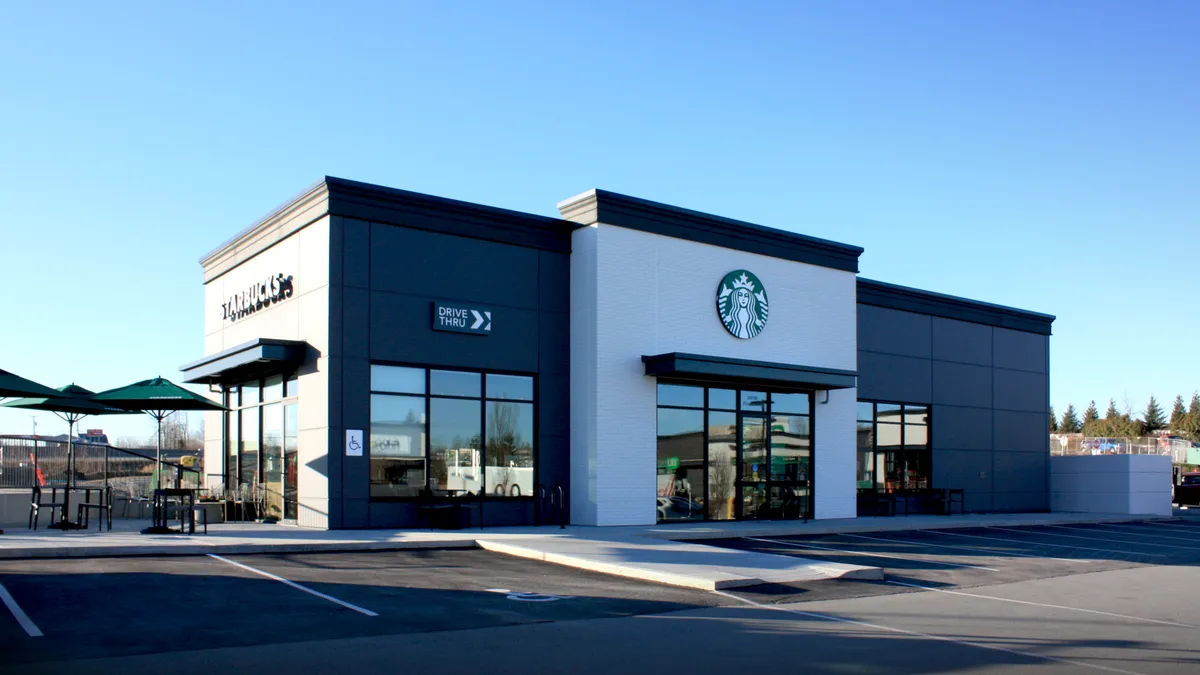Dive Brief:
- Canadian modular building systems manufacturer Nexii announced Tuesday an additional $35 million (CA$45 million) funding round led by Horizon Technology Finance Corporation and Trinity Capital, according to a company press release.
- The funds will help accelerate Nexii’s growth and manufacturing capacity in order to meet surging demand for sustainable construction solutions.
- The funding round raises the current valuation of Nexii, the fastest Canadian company to ever reach unicorn status, to more than $1.5 billion, according to the release.
Dive Insight:
Nexii’s latest bump in funding will support its push of modular projects in the retail and hospitality sectors.
The Vancouver-based firm acquired Omicron, one of the largest design and construction firms in Western Canada, last summer, while also expanding its base by building factories in Canada and the Eastern U.S. Its recent projects include Starbucks, a Marriott hotel, drive-through and dine-in restaurants such as Popeyes and A&W Restaurants, and a retail bank.
Nexii products are precision manufactured offsite and rapidly assembled onsite. Its building system and material Nexiite, a sustainable alternative to conventional concrete, cuts construction waste to near-zero, accelerates delivery schedules and slashes carbon emissions, according to the company.
The construction industry is the world’s largest contributor to solid waste, accounting for about 37% of emissions globally, according to the International Energy Agency. Nexii claims its buildings have 31% less embodied carbon than conventional construction materials, according to the press release.
Despite the construction method's benefits, contractors experience issues with modular adoption on projects. A lack of national regulatory standards also hinders the promise of modular and offsite construction.
Katerra, a Menlo Park, California-based offsite construction company, filed for bankruptcy protection in June 2021, just four years after it reached unicorn status. The firm's failure was so spectacular that it's one of the first issues modular construction firms need to address today. For example, modular startup Assembly OSM told The Real Deal that it was "the opposite of Katerra.”
Indeed, not all modular construction firms are doomed for this failure, especially those firms that don’t want to control the entire supply chain.
Vaughan Buckley, CEO of Philadelphia-based modular builder Volumetric Building Companies, also said that’s where his firm diverges from the Katerra business model.
Chris Bone, CEO of London-based contech firm Modulous, similarly told Construction Dive his company's approach was asset-light, and uses existing supply chains and focuses on building a technology platform that enables modular construction.















